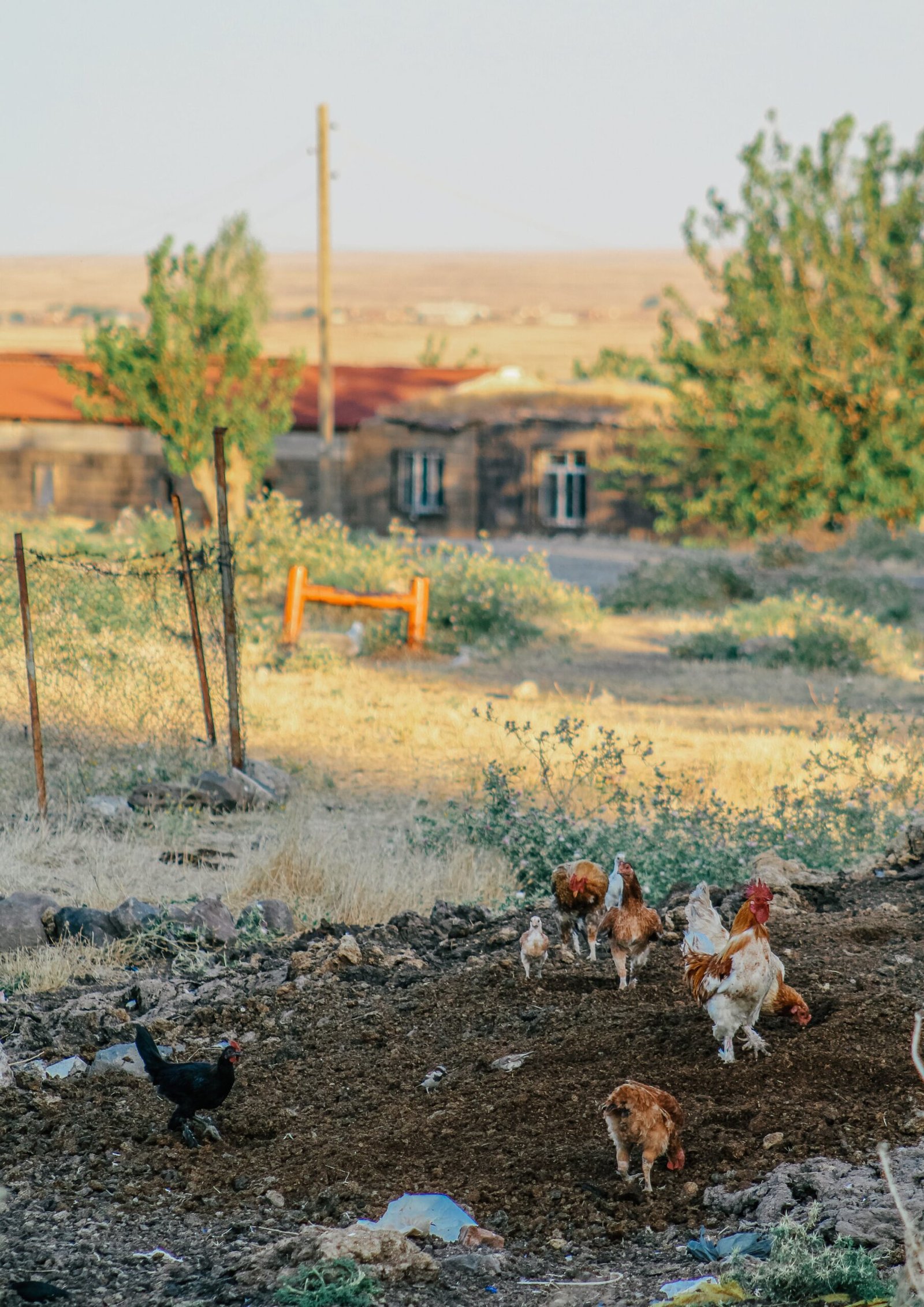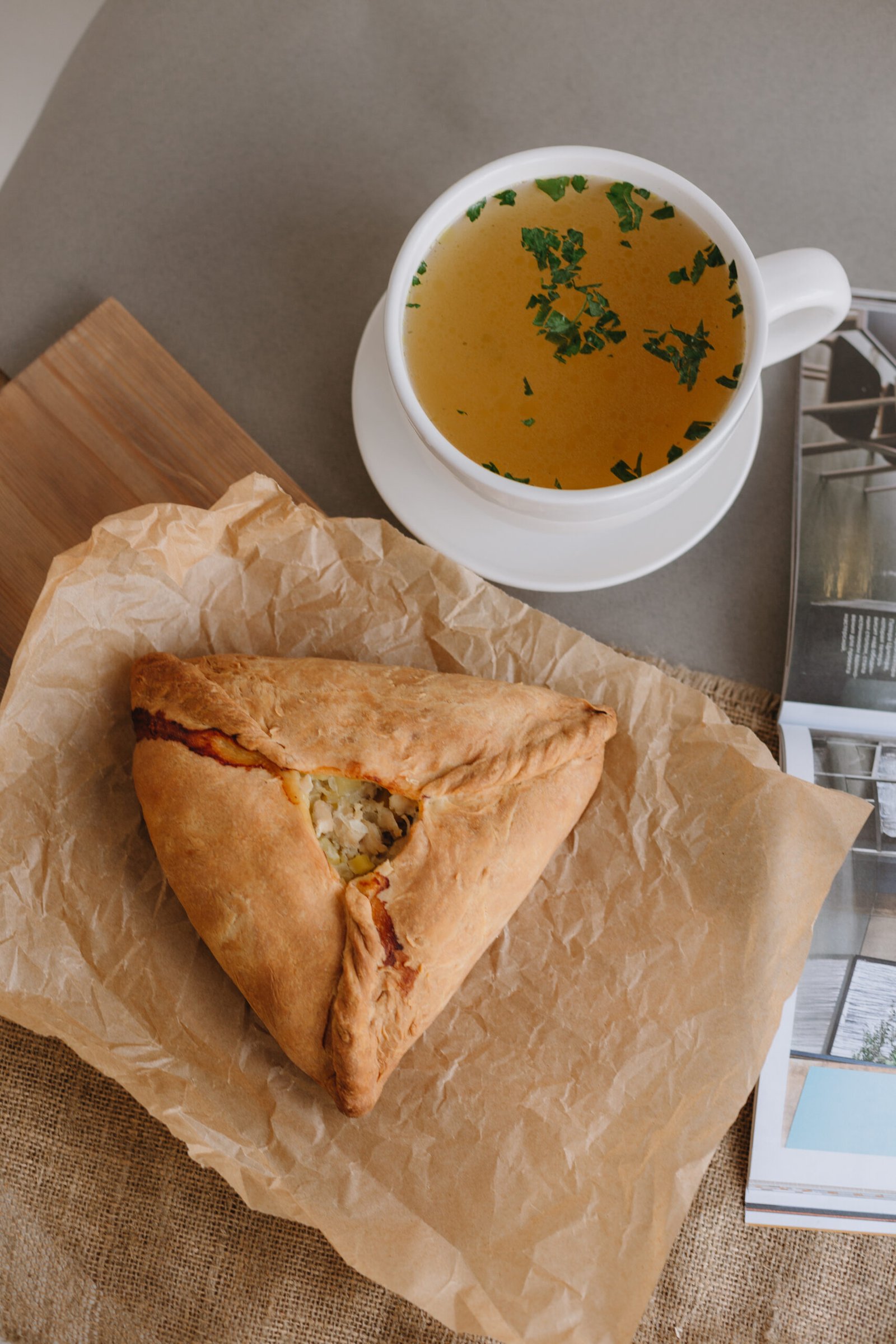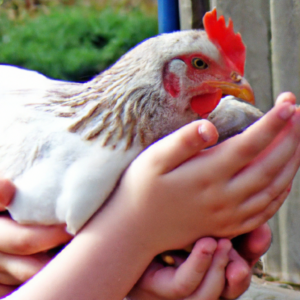
If you’re a chicken owner, ensuring the health and well-being of your feathered friends is a top priority. With accidents or injuries being an inevitable part of life, it’s essential to have a well-equipped chicken first-aid kit at your disposal. From minor scrapes to more serious wounds, this article provides valuable insights into what should be included in your chicken first-aid kit to ensure prompt and effective care for your beloved flock.

Essential Supplies
When it comes to providing first aid to your chickens, having the right supplies on hand is crucial. The following items are essential for any chicken first-aid kit:
Bandages
Bandages are necessary for covering wounds and preventing infection. Make sure to have an assortment of sizes, including small adhesive bandages and larger self-adhesive bandages that can be trimmed to fit different wounds.
Antibiotic Ointment
Antibiotic ointment helps prevent bacterial infections in wounds. Apply a small amount to any cuts or scrapes to promote healing and reduce the risk of infection.
Gauze Pads
Gauze pads are ideal for larger wounds or for applying pressure to control bleeding. They are absorbent and provide a sterile covering for wounds.
Medical Tape
Medical tape is used to secure bandages and gauze pads in place. Make sure to have a variety of widths on hand to accommodate different sizes of wounds.
Scissors
Scissors are an essential tool for cutting bandages and gauze pads to the desired size. Choose a pair with sharp, stainless steel blades for easy and precise cutting.
Tweezers
Tweezers are handy for removing debris, such as splinters or foreign objects, from wounds. Opt for a pair with a pointed tip for better precision.
Saline Solution
Saline solution is used for cleaning wounds and eyes. It helps flush out dirt, debris, and bacteria, promoting faster healing and reducing the risk of infection.
Cotton Balls
Cotton balls are necessary for applying saline solution or cleaning wounds. They are soft and gentle, making them ideal for delicate areas.
Disposable Gloves
Disposable gloves are essential to protect both you and your chicken from cross-contamination. They help reduce the risk of spreading infections and keep your hands clean during first aid procedures.
Having these essential supplies readily available ensures that you can promptly attend to any chicken injuries or emergencies.
Basic Medications
While not a substitute for professional veterinary care, having basic medications on hand can be useful for providing initial relief to your chickens before seeking professional help.
Antibiotics
Antibiotics can help treat bacterial infections in chickens. However, it’s crucial to consult a veterinarian for the appropriate dosage and type of antibiotic for your specific situation.
Pain Relievers
Pain relievers can provide temporary relief for chickens experiencing discomfort or pain. However, never administer human pain relievers without consulting a veterinarian first, as some medications can be harmful to chickens.
Antiseptics
Antiseptics are essential for cleaning wounds and preventing infection. Common antiseptics for chickens include povidone-iodine or chlorhexidine solutions.
Anti-inflammatory Drugs
Anti-inflammatory drugs can help reduce inflammation and swelling in chickens. Always consult a veterinarian before administering any medication to ensure proper dosage and safety.
Wound Cleaning Solution
A wound cleaning solution, such as chlorhexidine, is essential for cleaning wounds and preventing infection. Follow the instructions on the packaging for proper dilution and usage.
It’s important to remember that while basic medications can provide temporary relief, it’s always best to consult a veterinarian for proper diagnosis and treatment of any medical condition.

Wound Care
Proper wound care is crucial for promoting healing and preventing infection in chickens. The following items should be included in your chicken first-aid kit for effective wound care:
Wound Spray
Wound spray is a convenient and easy-to-use option for cleaning wounds. It helps remove dirt and bacteria while promoting healing.
Wound Powder
Wound powder can help dry and protect wounds. It is especially beneficial for areas prone to moisture, such as the feet or under the wings.
Silver Nitrate Sticks
Silver nitrate sticks are a caustic agent that can help stop bleeding from minor wounds or broken blood feathers. It’s important to use them with caution and follow the instructions provided.
Blu-Kote Spray
Blu-Kote spray is an antiseptic and fungicidal spray that helps protect wounds from infection. It also acts as a blue dye, which can discourage pecking from other chickens.
Liquid Bandage
Liquid bandage is a convenient alternative to traditional bandages. It forms a protective barrier over wounds, allowing them to heal while still providing some flexibility and protection.
Hemostatic Agents
Hemostatic agents, such as styptic powder or clotting gauze, are useful for stopping bleeding from minor cuts or injuries. Apply as directed to control bleeding.
Including these wound care essentials in your first-aid kit ensures that you can provide immediate care and attention to any chicken injuries or wounds.
Respiratory Issues
Respiratory issues can be common in chickens, especially in overcrowded or poorly ventilated environments. The following medications can help provide relief and support respiratory health:
VetRX
VetRX is an all-natural remedy for respiratory issues in chickens. It contains a combination of essential oils that can help alleviate nasal congestion and promote better breathing.
Oxytetracycline
Oxytetracycline is an antibiotic commonly used to treat respiratory infections in chickens. It should only be used under the guidance of a veterinarian, as the dosage and duration of treatment can vary.
Tylan
Tylan is another antibiotic frequently used for respiratory infections in chickens. It is crucial to consult a veterinarian for proper diagnosis and dosage before administering Tylan.
Terramycin
Terramycin is an antibiotic ointment that can be applied to the eyes of chickens with respiratory infections. It helps treat underlying infections and prevent further complications.
If you suspect your chickens are experiencing respiratory issues, it is important to seek professional veterinary advice for accurate diagnosis and appropriate treatment.

Digestive Problems
Digestive problems can have various causes in chickens, including dietary issues or infections. The following items can aid in managing digestive problems:
Probiotics
Probiotics are beneficial bacteria that help restore the natural balance of the digestive system. They can be especially helpful after a round of antibiotics or during stressful periods.
Electrolyte Solution
Electrolyte solutions are essential for rehydrating chickens experiencing digestive issues or dehydration. They help replenish vital electrolytes and promote hydration.
Petroleum Jelly
Petroleum jelly can be used as a lubricant for impacted crops or to soothe irritated vents. It is important to ensure that the petroleum jelly is safe for use in chickens and to follow usage instructions carefully.
Activated Charcoal
Activated charcoal can help absorb toxins in the digestive system and relieve symptoms of poisoning or digestive upset. However, it should only be used under veterinary guidance, as dosage and administration can vary.
Always consult a veterinarian if your chickens are experiencing digestive problems for proper diagnosis and treatment.
Poultry First Aid Book
Having a comprehensive poultry first aid book is essential for any chicken owner. It provides valuable information on identifying common health issues, performing basic first aid procedures, and when to seek professional veterinary assistance.
A poultry first aid book should cover topics such as wound care, respiratory issues, digestive problems, parasite control, and general health management. It is an invaluable resource that can help you make informed decisions and provide proper care for your feathered friends.

Heat Stress Relief
Heat stress can be a serious concern for chickens, especially during hot summer months or in areas with high temperatures. The following items can help provide relief and prevent heat stress:
Heat Lamp
A heat lamp can be used in colder months or in environments where the temperature drops significantly. It provides supplemental warmth to keep chickens comfortable and prevent cold stress.
Heat Pad
Heat pads are ideal for providing localized heat and can be used in chicken coops or brooders. They offer a gentle, constant source of warmth to help chickens regulate their body temperature.
Cooling Pad
Cooling pads are designed to provide a cool surface for chickens to rest on during hot weather. They help dissipate heat and provide comfort to chickens experiencing heat stress.
Ensuring that your chickens have access to proper heat stress relief measures is essential for their overall well-being and health.
Insect Control
Insects can be a nuisance for chickens and can transmit diseases or cause discomfort. The following items can help control and deter insects:
Insect Repellents
Insect repellents specifically formulated for chickens can help protect them from pests such as fleas, lice, mites, and flies. Use repellents that are safe for poultry and apply as directed.
Diatomaceous Earth
Diatomaceous earth is a natural insecticide that can be used to control various pests, including mites and lice. Apply a thin layer in areas where insects are commonly found, such as nesting boxes or dusting areas.
Permethrin Powder
Permethrin powder is an insecticide powder that helps control mites, lice, and other external parasites in chickens. It should only be used as directed and in designated areas to prevent accidental ingestion.
Regularly monitoring your chickens for signs of infestation and implementing appropriate insect control measures can help maintain their health and comfort.
Tool Kit
Having a well-stocked tool kit is essential for performing various tasks and procedures related to chicken care. The following items should be included in your chicken first-aid kit’s tool kit section:
Nail Trimmers
Nail trimmers are necessary for trimming overgrown nails in chickens. Regular nail trimming helps prevent discomfort and potential injury.
Feather Scissors
Feather scissors are used for trimming feathers, especially around the vent area to reduce the risk of fecal buildup and matted feathers.
Feather Duster
A feather duster can be used to gently clean and dust feathers. It helps remove dirt and debris, keeping feathers clean and maintaining good overall hygiene.
Syringes
Syringes are essential for administering medications, supplements, or oral treatments to chickens. Choose syringes with appropriate size and dosage markings for accurate administration.
Speculum
A speculum is a valuable tool for examining a chicken’s crop, vent, or other areas that require a closer look. It can help in diagnosing certain conditions or identifying potential issues.
Thermometer
A thermometer is crucial for monitoring the body temperature of chickens. It enables you to identify potential health concerns and take appropriate action if necessary.
Including these essential tools in your chicken first-aid kit ensures that you can perform necessary tasks and procedures with ease and efficiency.
Miscellaneous
In addition to the specific items mentioned above, some miscellaneous supplies should also be included in your chicken first-aid kit:
Latex-Free Tourniquet
A latex-free tourniquet can be used to control bleeding in severe cases. It should be used with caution and released as soon as bleeding is under control.
Emergency Contact Information
Having emergency contact information for a local avian veterinarian or poultry specialist is crucial. In case of emergencies or severe health concerns, having a professional to consult can make all the difference.
Blanket or Towel
A blanket or towel can be used to keep chickens warm during transportation or to provide comfort and insulation in the event of an injury or illness.
Plastic Bags
Plastic bags are handy for safely disposing of waste or contaminated materials. They help maintain cleanliness and prevent the spread of diseases.
First Aid Manual
Including a comprehensive and up-to-date first aid manual in your kit is essential. It provides guidance on various injuries and conditions, as well as step-by-step instructions for first aid procedures.
With these miscellaneous supplies, you can enhance the efficiency and effectiveness of your chicken first-aid efforts.
In conclusion, a well-stocked chicken first-aid kit is essential for every chicken owner. By including the essential supplies, basic medications, wound care items, respiratory and digestive aids, heat stress relief measures, insect control products, tools, and miscellaneous items mentioned above, you’ll be well-prepared to provide prompt and effective first aid to your feathered friends. Remember, while a first-aid kit is essential, always seek professional veterinary care for serious or complex health concerns to ensure the well-being of your chickens.







